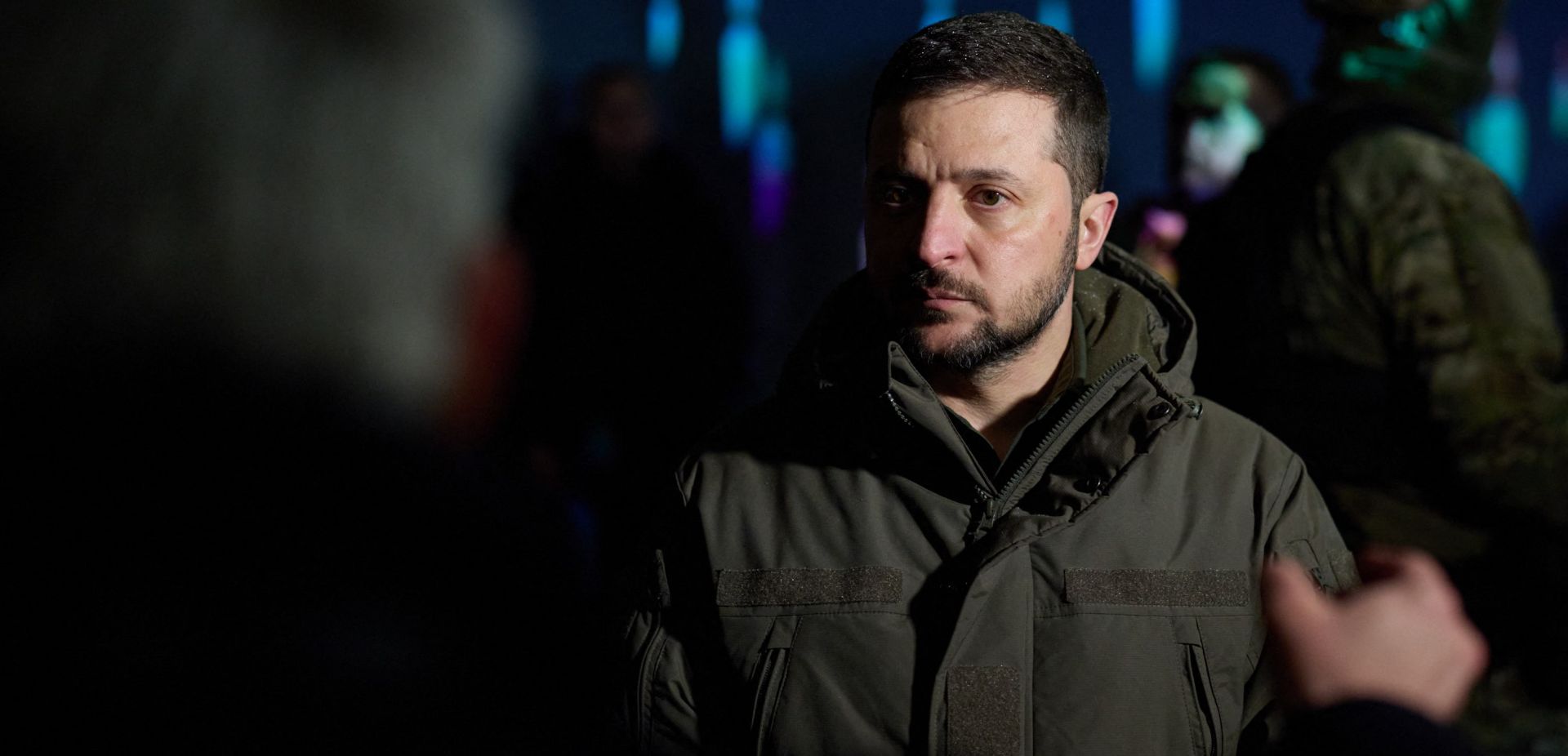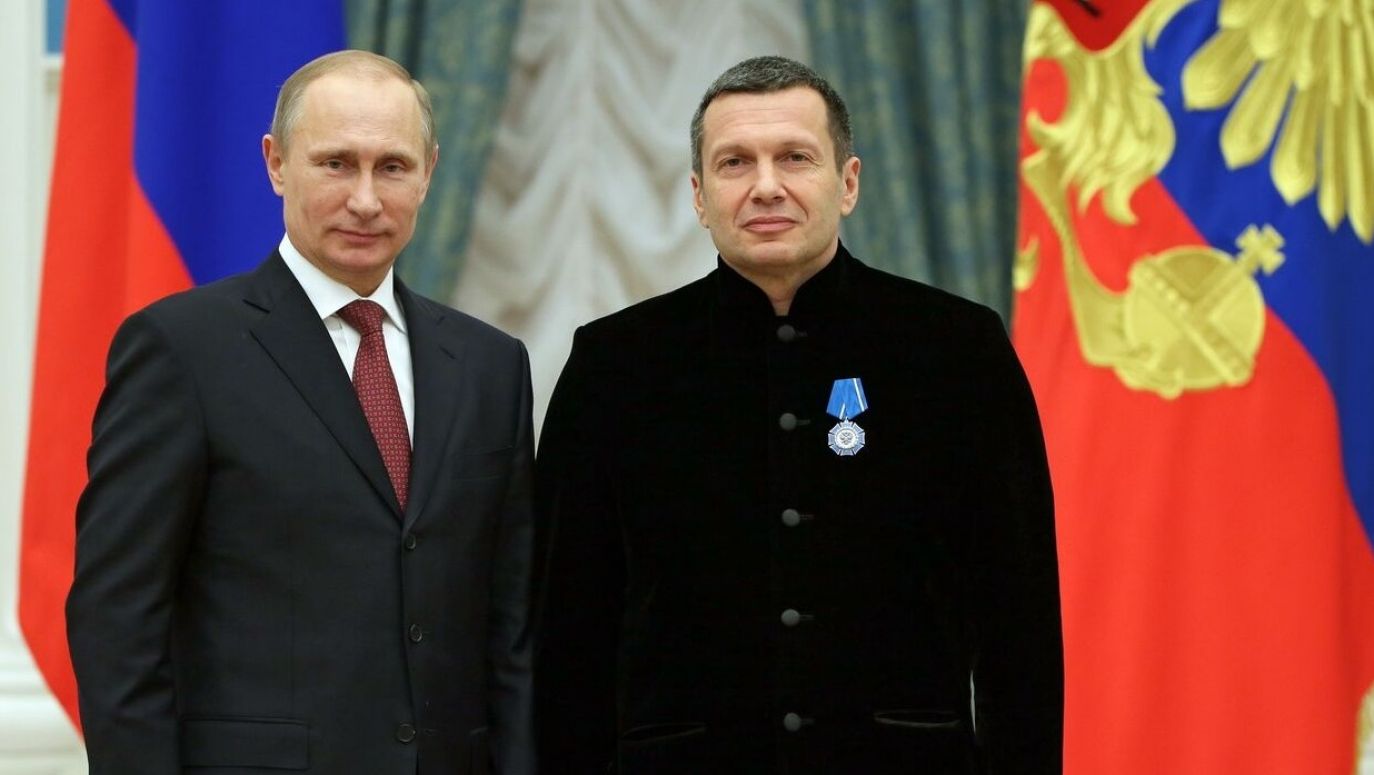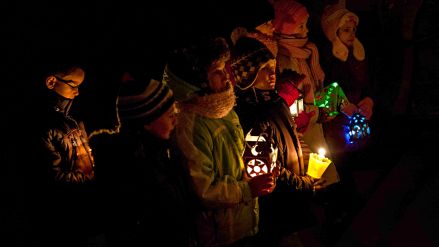Russian state television is flooded with anti-Ukrainian hate sessions. This applies, among other things, to the regular journalistic programme "Who protiv?" (Who against?). Thus, in one of its recent editions, a discussion heated up about the metaphysical status of Volodymyr Zelensky.
An unusual dispute broke out during the studio conversation. One of the discussants, the political scientist Araik Stepanian, declared that the President of Ukraine is... the Antichrist. He added that the Russian Orthodox Church of the Moscow Patriarchate should declare this officially. Another discussant, also a political scientist, Alexander Kamkin, replied that Zelenski is just a minor demon.
Of course, such considerations have consequences. Stepanian announced that since Zelenski is the Antichrist, there must be no negotiations with him and he must simply be annihilated.
From the point of view of a Westerner, considering political issues in religious terms appears as marginal 'fundamentalist' madness. But in Russia - as it turns out - this phenomenon is present in mainstream public life.
 SIGN UP TO OUR PAGE
SIGN UP TO OUR PAGE

It should be recalled, by the way, that interpreting political events using an apocalyptic code is nothing new. But in the past, this has not only applied to Russia.
It is worth recalling the early 19th century. When Napoleon 1st was conquering Europe, the political elites of the Old Continent - from Great Britain to Russia - terrified by his military successes, launched propaganda against him. Cartoonists created caricatures depicting the Emperor of the French as a servant of the devil. Such images of Napoleon were intended to arouse the fear of the popular masses.
At that time, the collective consciousness of Western societies was not yet secularised. And in the wars of the European powers against Napoleonic France, ideological issues also mattered. It was about the attitude to the French Revolution.
Although Napoleon restored elements of the monarchy on the Seine, he was seen as a champion of progress. By introducing, for example, the Civil Code, he was, after all, building the modern French state. This was one of the reasons why he aroused trepidation among the European aristocracy - which was, after all, counter-revolutionary. And since Christianity still played an important role on the Old Continent at that time, in spite of the Enlightenment, religious arguments against the changes started in France in 1789 had a persuasive effect.
Of course, comparing Zelensky to Napoleon is ridiculous. The Ukrainian president does not have the ambitions that the Corsican had. He heads a state that is bravely repelling the onslaught of a powerful neighbour. And ideological issues are irrelevant in this case.

 SIGN UP TO OUR PAGE
SIGN UP TO OUR PAGE
 It should be recalled, by the way, that interpreting political events using an apocalyptic code is nothing new. But in the past, this has not only applied to Russia.
It should be recalled, by the way, that interpreting political events using an apocalyptic code is nothing new. But in the past, this has not only applied to Russia.





